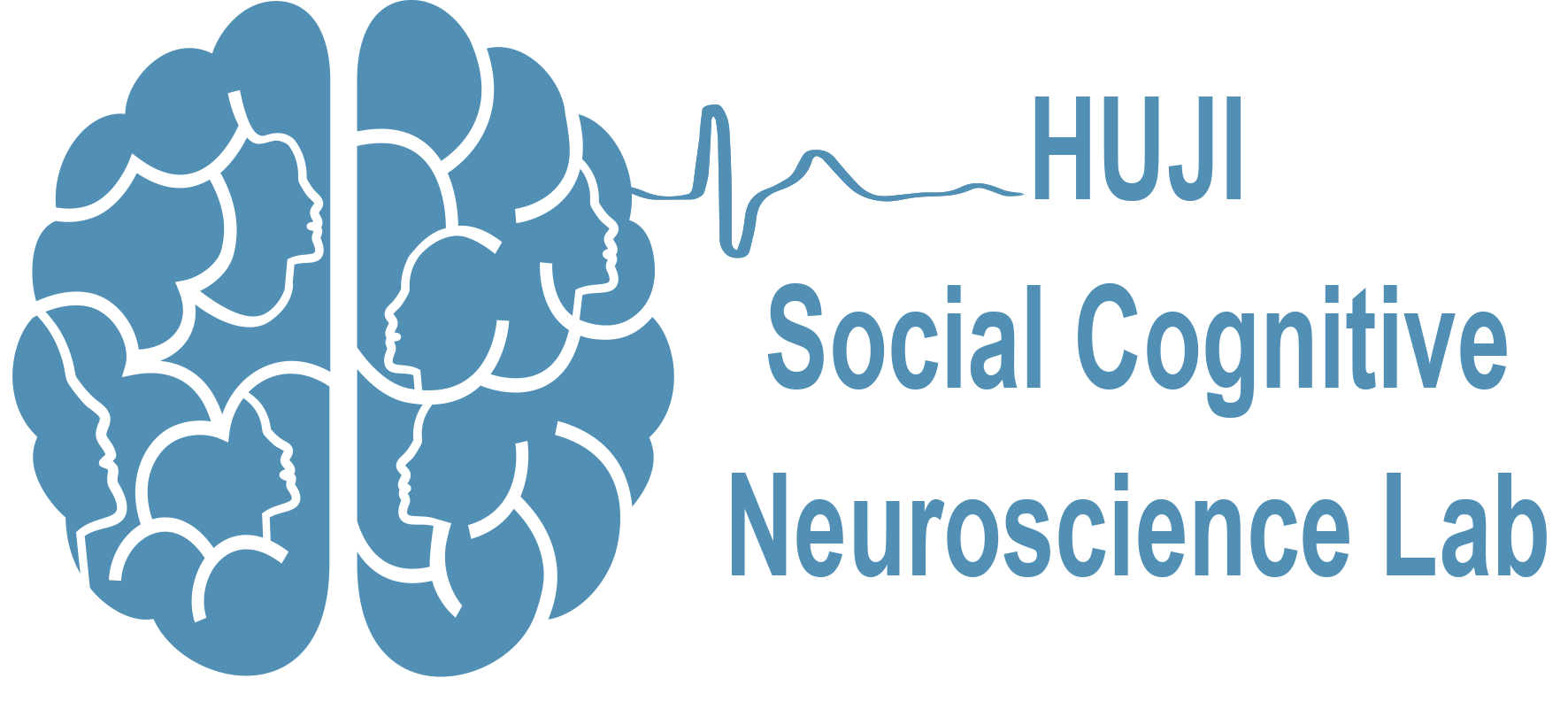Citation:
Perry, A., & Shamay-Tsoory, S. . (2013). Understanding emotional and cognitive empathy: A neuropsychological perspective. In Understanding Other Minds: Perspectives from developmental social neuroscience. Oxford University Press. Retrieved from https://oxford.universitypressscholarship.com/view/10.1093/acprof:oso/9780199692972.001.0001/acprof-9780199692972-chapter-11 Copy at http://https://tinyurl.com/28e6swzz

